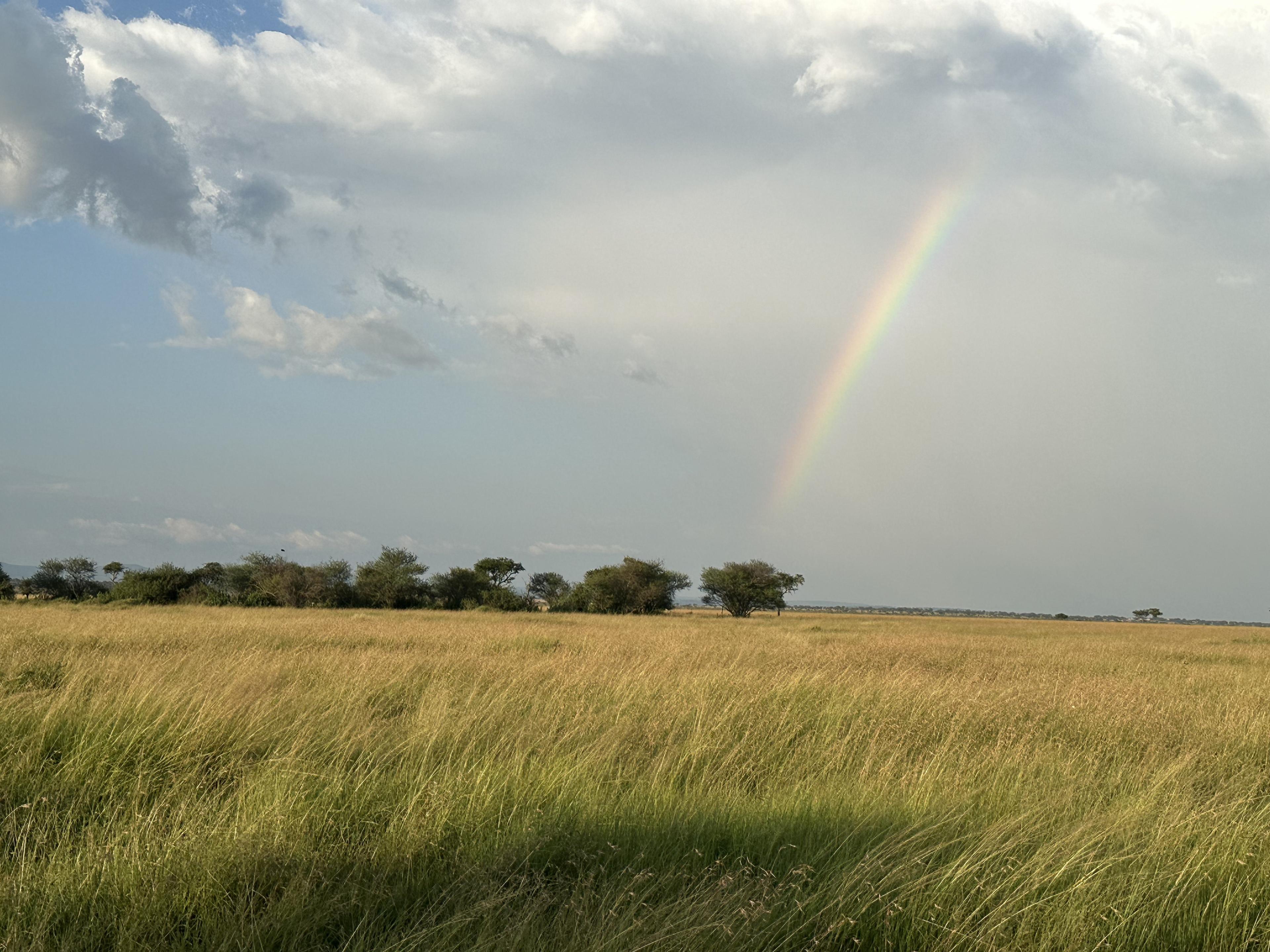Join/
Travel Spotlight
Indagare Global Conversations Talk with Melissa Biggs Bradley and Paul Theroux
In the world of travel, Paul Theroux doesn’t need an introduction—and when one is offered, it is full of superlatives. He has been called the “world’s most perceptive travel writer” and is the author of 56 books, both fiction and non-fiction, including the acclaimed Great Railway Bazaar (published in 1975) and The Mosquito Coast, which was made into a 1986 movie starring Harrison Ford. Paul was awarded a Royal Medal from the Royal Geographical Society for “the encouragement of geographical discovery through travel writing”–literally the highest award attainable for a traveler.His most recent book published last year is called On the Plain of Snakes and it is a vivid, moving and thrillingly informative and informed telling of a road trip he took along the length of the U.S.–Mexico border, exploring deep in Mexico’s hinterland, where few travelers venture, but that is perfect for an adventurer like Paul, who has said, “if you tell me not to go to a place, that’s the place I want to explore.”Melissa chatted with Paul, who joined our Global Conversation from Hawaii, where he and his wife live on Oahu. Here are some excerpts from the conversation. See Melissa's upcoming Global Conversations for more inspiring interviews and find the full program of available classes in the Indagare Global Classroom.
Let’s start with what life in lockdown looks like where you are in Hawaii?“To be honest, my routines have not really changed. As a writer, my mission in life is not to be interrupted: To be alone, to enjoy my solitude and to work. So for me, this has been largely business as usual.” You said that your “life as a writer, as a man, began when I left home and spent the next six years in Africa.” Can you talk about that experience?“When people say, ‘I want to be a writer,’ the first thing I tell them is, ‘leave home.’ I knew I wanted to be a writer. I was a great reader. And I had fantasies of travel. But I had nothing to write about. I joined the Peace Corps in September 1963. I went to Africa, and it was the making of me. Joseph Conrad said, ‘I was a mere animal before I went to Africa.’ Africa transformed him as it transformed me. Because there, I realized I had a subject and that subject was not myself—but other people.”
Plan Your Trip With Us
We only feature hotels that we can vouch for first-hand. At many of them, Indagare members receive special amenities.
Get In Touch


